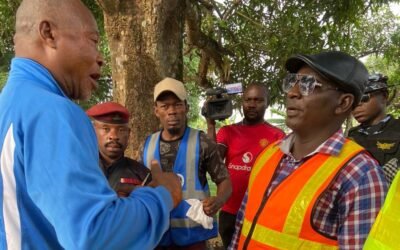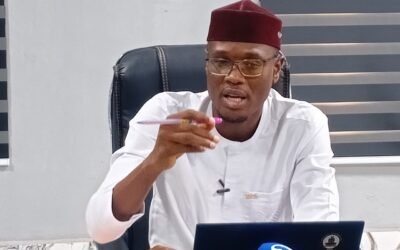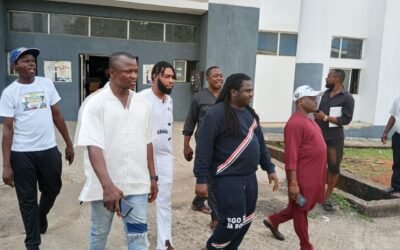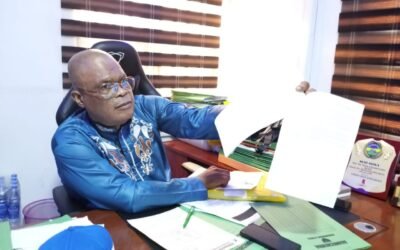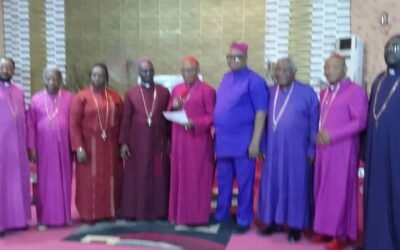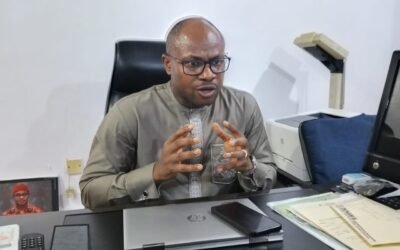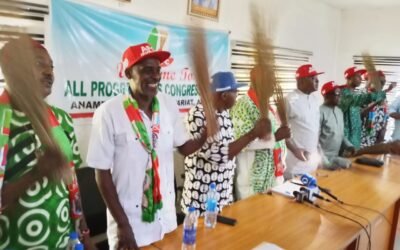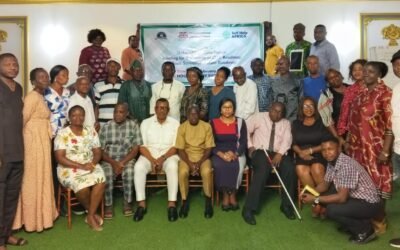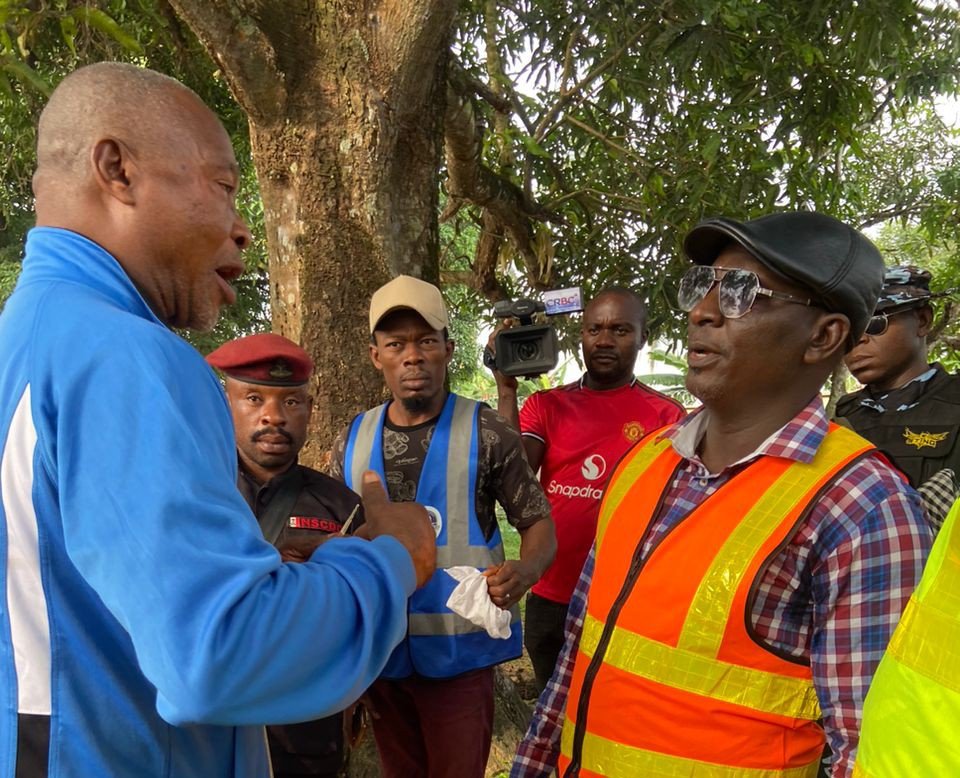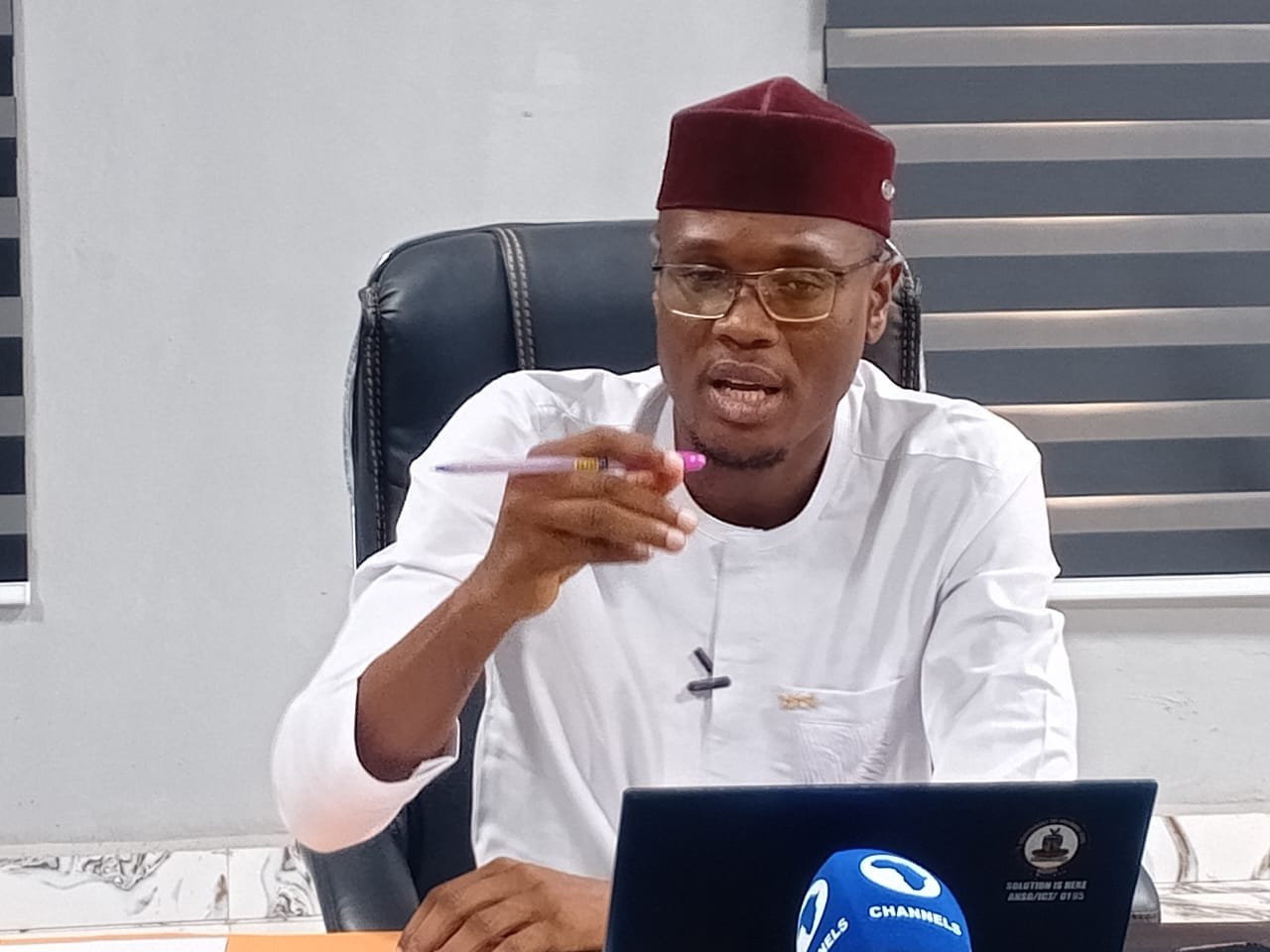By Kelvin Obambon
The wife of the Governor of Cross River State, Mrs. Eyoanwan Otu, has inaugurated the Cross River State Care Technical Working Group, a move that aims to prioritize care work in policy and governance.
Mrs. Otu while inaugurating the group in Calabar on Monday, October 20, 2025, stressed that the inauguration signals a commitment to “recognizing, valuing, and investing in care work as an essential part of human and economic development.”
The inauguration of the Technical Working Group follows months of collaboration between the Cross River State Department of Gender and Mainstreaming and the UN Women.
Speaking at the ceremony, the Governor’s wife referenced a recent Time Use Survey, one of the key achievements leading to this inauguration. The survey, according to her, “revealed the unenforced time burden borne by women in providing unpaid care.”
She stressed that this evidence “highlights the urgent need to recognize, reduce, and redistribute care responsibilities, allowing both men and women to contribute equally to the progress of our families, communities, and states.”
Mrs. Otu disclosed that Cross River has also joined the Global Alliance for Care, a platform that “positions our state as a leader in the care economy and strengthens our delivery on good care systems.” She informed that the state has initiated training programmes for care integrators and is currently developing a comprehensive state policy to support caregivers and promote inclusive growth.
“As we inaugurate the Care Technical Working Group, let us remember that care is the heart of development,” Mrs. Otu concluded, adding that her NGO, Humanity Without Borders Empowerment Initiative, already embodies the spirit of care for children, the elderly, and persons with disabilities.
In her presentation, the UN Women Nigeria Team Lead, Aisha Bello, provided stark statistics on the necessity of formalizing the care economy. She projected that by 2050, Nigeria would have approximately 113 million children needing care, a development that would “increase the burden of care on women by about 50%.”
Ms. Bello described the care economy as a “smart high return on investment,” noting that formalizing the care sector and creating a database of caregivers could increase the Gross Domestic Product (GDP) of the state by 4.6%. Nationally, she argued that investing one dollar in quality childcare could generate three dollars for the country’s economy.
The UN Women Team Lead declared that care responsibilities are a major factor in women’s absence from the workforce, asserting that “Care is the main reason 26.5% of women are out of the labour force in Nigeria.”
She commended Cross River’s leadership, noting that the state is already being used as an example across the West and Central African sub-regions for joining the Global Care Alliance and pushing for a state care policy.
“Cross River State was voted 1 for joining the Global Care Alliance, 2 for pushing for the state care policy,” Ms. Bello disclosed, while urging the Technical Working Group to push for policies that dignify care work.
Earlier, the Special Assistant to the Governor on Gender Mainstreaming and Coordinator of Care, Utibe-Abasi Orok Bassey-Duke, welcomed members of the Technical Working Group, stating that the event marks “a defining moment in our collective journey to recognize, reduce, and redistribute unpaid care work.”
She explained that the Technical Working Group is composed of “passionate and committed stakeholders whose expertise will guide the development of a comprehensive Care Policy for our state, one that values every contribution and strengthens our social and economic fabric.”
Ms. Bassey-Duke also expressed appreciation to the Governor’s wife for her “visionary leadership and unwavering commitment” to the care economy agenda, as well as UN Women Nigeria for their “invaluable partnership and continued support.”

